
Reporting at the meeting, Deputy Inspector General of the Government Le Tien Dat said that the draft Law consists of 4 articles, focusing on amending and supplementing the following issues: Institutionalizing the policy on reorganizing the apparatus of the political system, implementing the 2-level local government organization model; arranging the inspection agency system to be streamlined, strong, efficient, effective and efficient.
The draft removes regulations related to the district level in receiving citizens, handling complaints and denunciations; adjusts the authority and responsibility in receiving citizens, handling complaints and denunciations according to the new organizational model of local authorities, courts, procuracies, and inspectorates; strengthens the responsibility of heads of advisory agencies at the commune level, perfects the advisory mechanism at the provincial, ministerial, and branch levels in receiving citizens, handling complaints and denunciations...

Presenting the report on the review of the Law project, Chairman of the National Assembly's Committee for People's Aspirations and Supervision Duong Thanh Binh said that the majority of opinions in the Standing Committee of the Committee agreed with the draft's provisions on the form of online citizen reception to promote digital transformation in citizen reception activities, handling petitions and letters, resolving complaints and denunciations; contributing to creating convenience for citizens when exercising their right to complain and denounce, while reducing pressure at citizen reception offices.
However, it is recommended that the Government further evaluate the effectiveness of implementing the online citizen reception model, the technical infrastructure conditions to ensure connection between provincial citizen reception offices and central citizen reception offices, and between provincial citizen reception offices and provincial and commune-level citizen reception points.

In addition, there are suggestions to study and amend the concept of "receiving citizens" in the law to be consistent with the provisions of the draft law on forms of direct and online citizen reception; supplement explanations of the concepts of "receiving citizens online", "receiving citizens directly"; supplement the form of "receiving citizens directly combined with receiving citizens online" in the draft Law.
Discussing at the meeting, Chairman of the National Assembly Delegation Affairs Committee Nguyen Thanh Hai said that currently, the delegation of authority leads to ineffective citizen reception. For example, the provincial People's Committee chairman must receive citizens once a month, however, there is a phenomenon of delegation to deputies, even "authorization of delegation".
Citing the experience of supervising citizen reception, complaint and denunciation settlement in many provinces and cities, Ms. Nguyen Thanh Hai assessed that delegation of authority is common, affecting the quality of citizen reception, causing people to have to travel a lot because they cannot meet the leader. Therefore, it is necessary to legalize citizen reception and require that delegation of authority is absolutely not allowed.

Regarding the number of days of receiving citizens at the commune level, Ms. Nguyen Thanh Hai is worried. Previously, the Chairman of the Commune People's Committee received citizens once a week, which is 48 times/year. People would have more contact with the commune leaders, but with this draft, the number of times to receive citizens is only 24 times/year.
“Although communes are now larger and wider, the commune level is not an intermediate district level. I do not agree with reducing the days for receiving citizens at the commune level to 2 days like the district level before. The purpose of removing the intermediate level is for people to have more contact and access to the government and the commune level must be closer to the people. I find it unreasonable to reduce the number of days for receiving citizens by half. With the situation of complaints and denunciations showing signs of complexity, I think it is necessary to consider reducing the schedule for receiving citizens at the commune level,” Ms. Nguyen Thanh Hai affirmed.
On the other hand, Chairman of the National Assembly's Committee on National Defense, Security and Foreign Affairs Le Tan Toi proposed that there should be a national database on citizen reception, complaints and denunciations to ensure connectivity with competent agencies. According to Mr. Le Tan Toi, currently on information sites, fake petitions are sent to many places, even posted directly on Facebook or Zalo, causing a huge impact, affecting society and even affecting the reputation of individuals... Information posted on social networks is very difficult to handle, so the Drafting Committee needs to carefully study this issue.
According to Mr. Le Tan Toi, there is currently a situation of posting complaints on websites such as Facebook, Telegram and other social networking platforms, causing the complaint content to spread very quickly and widely. However, after a while, if the poster arbitrarily withdraws the complaint, the effects and damages have already occurred - so who will be responsible for the consequences?
Mr. Le Tan Toi requested the Drafting Committee to study this case, whether it is a public complaint or denunciation; what impact does the withdrawal of the petition have; and how should this issue be included in the Law to regulate it?

Concluding the discussion, Vice Chairman of the National Assembly Tran Quang Phuong stated that, regarding the scope of amendments, the National Assembly Standing Committee proposed to continue reviewing to fully assess the limitations and difficulties of the laws pointed out through the overall review process, ensuring the principles of amendments and supplements meet the requirements of the two-level local government organization and the real problems in practice.
Source: https://hanoimoi.vn/chu-nhiem-uy-ban-cong-tac-dai-bieu-cua-quoc-hoi-can-nhac-viec-giam-lich-tiep-cong-dan-cua-cap-xa-719454.html








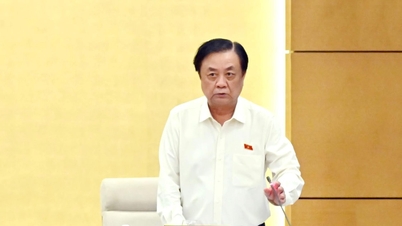

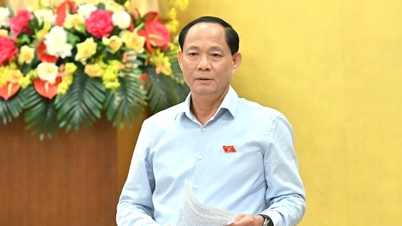


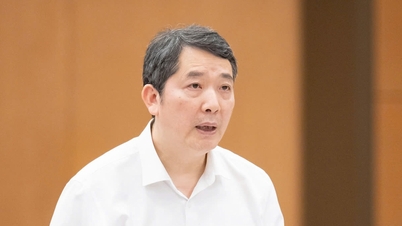

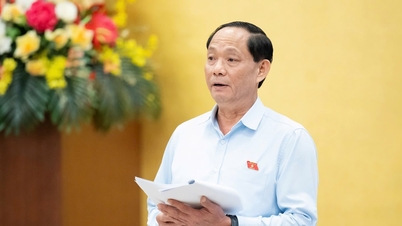
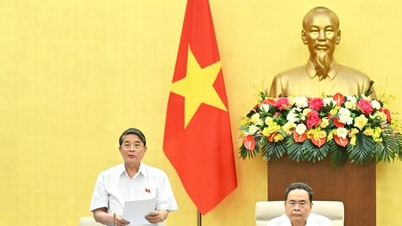
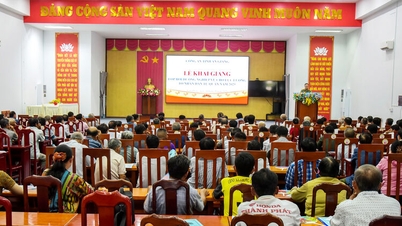



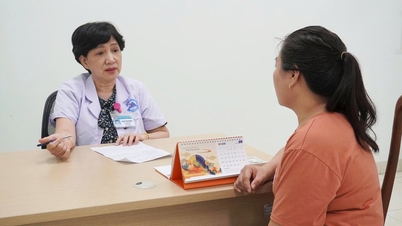

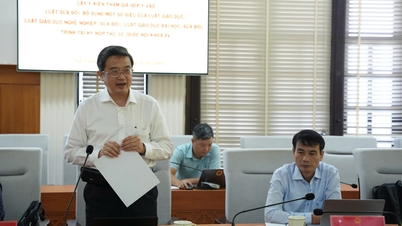

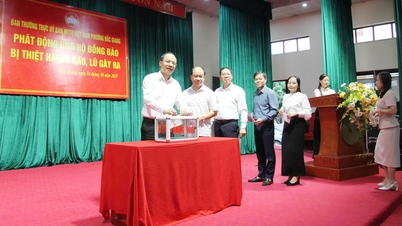







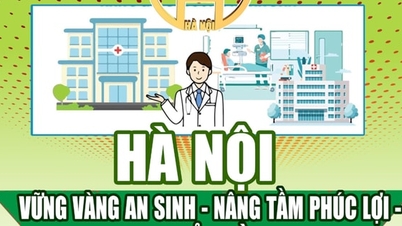
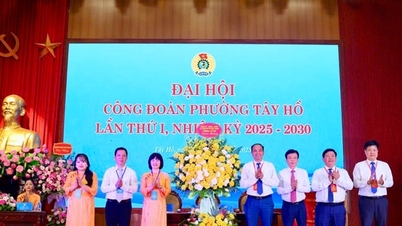
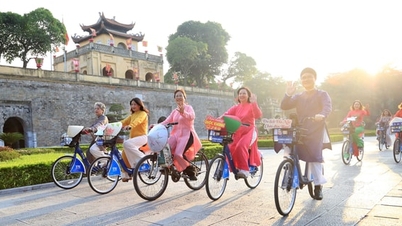
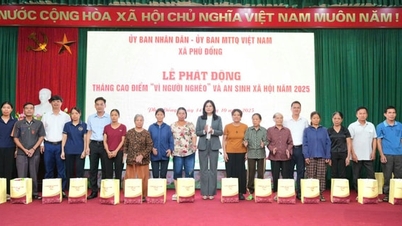
























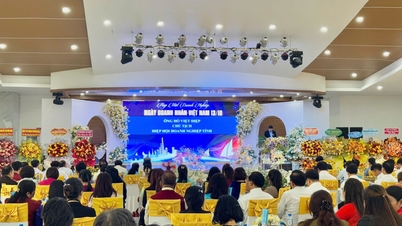


















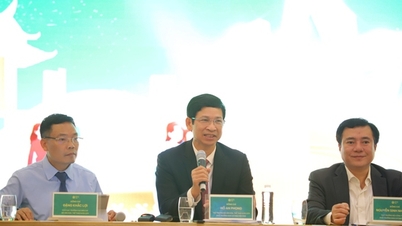

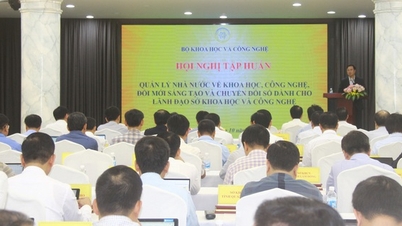



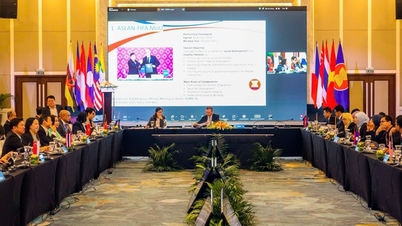
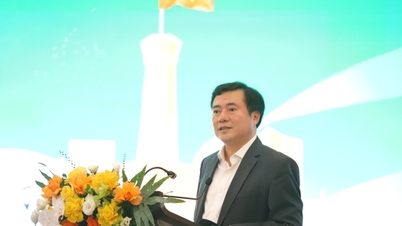
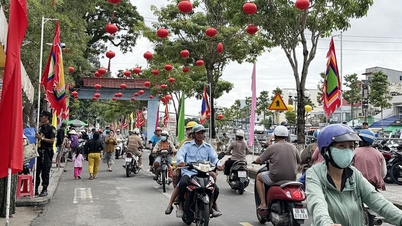
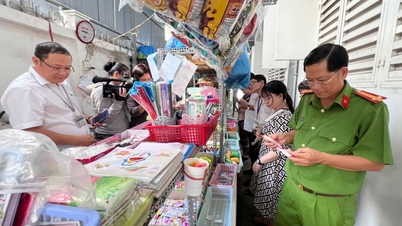


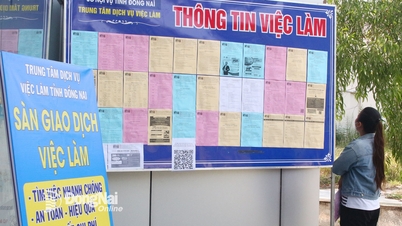














Comment (0)